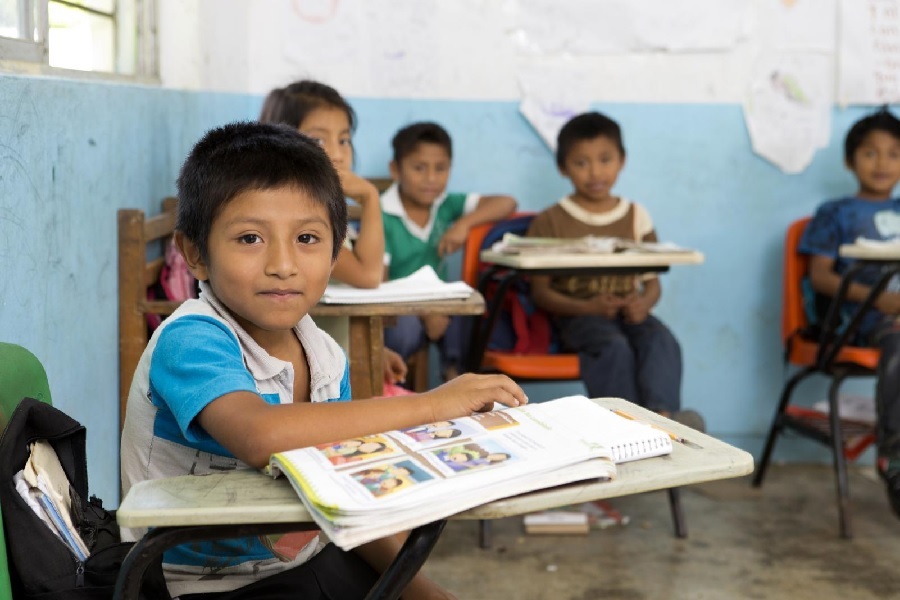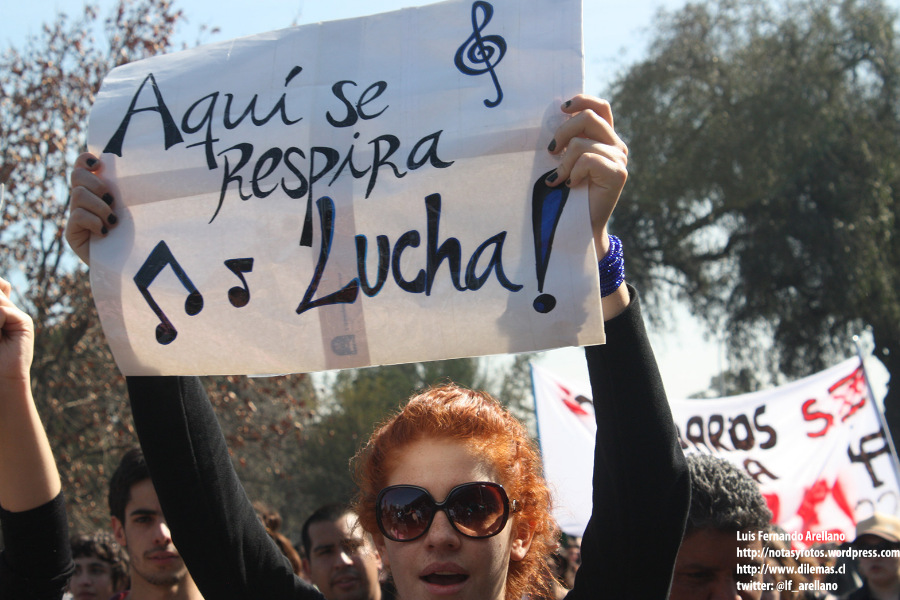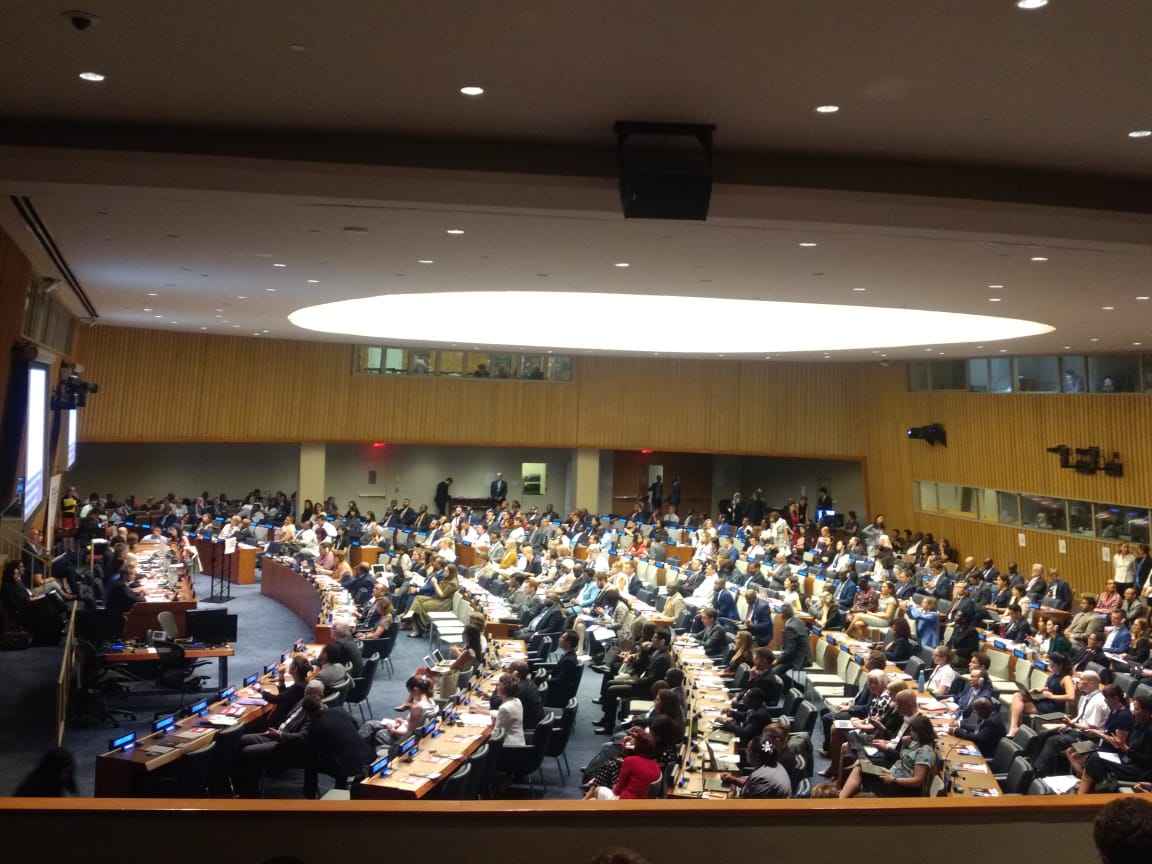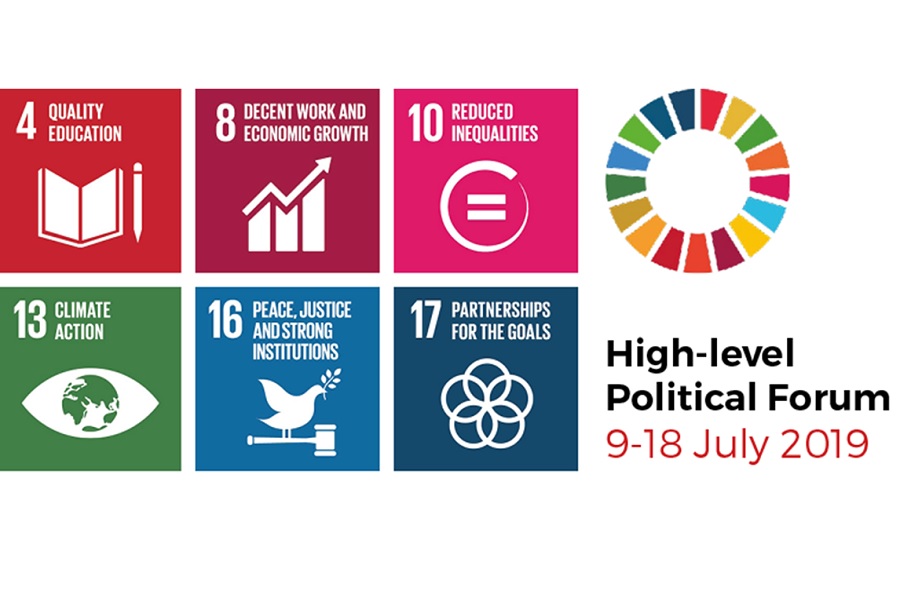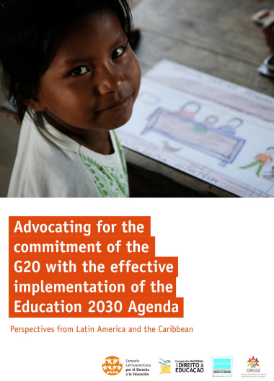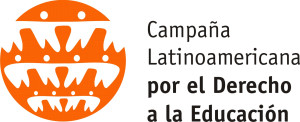Education 2030 Agenda
CLADE has actively participated in the international negotiations and debates that shaped the outline and formulation of the Education 2030 Agenda. This agenda is based on the Goal 4 of the Sustainable Development Goals (SDGs), addressing education and the Education 2030 Framework for Action (documento que detalla las metas y medios de implementación del ODS 4), (a document that sets forth the targets and means of implementation of SDG 4), both adopted by UN Member States in 2015, to be achieved by 2030.
In this process, CLADE has contributed to make the spirit, meaning and content of these commitments focus regarding education as a human right that is essential to realize the rest of the rights and to achieve the SDGs. Efforts have been made to confront the international trend to reduce the scope of education to specific market-related demands, such as the development of skills for employability, measurable learning outcomes and standardized assessments.
A broad strategy was developed to coordinate alliances and initiatives to raise awareness among people, as well as mobilization and advocacy actions at national, regional and international level. In particular, the focus was on a dialogue with Member States involved in this process and an active participation in consultations and decision-making spaces. As a result, the versions adopted of the two documents that compose the Education 2030 Agenda and underlie the new commitments in this field, reveal a human rights-based perspective. Click here to see the systematization of this advocacy process, in Spanish.
Since the adoption of the Education 2030 Agenda, CLADE has been participating in SDG 4 follow-up spaces, monitoring the implementation of the agenda at regional and national level and advocating for its fulfillment.
CLADE is a member of the Global Campaign for Education (GCE) and is currently holding the presidency. The campaign maintains formal relations with UNESCO and is member of the Liaison Group of the Collective Consultation of NGOs on Education for All (CCNGO/EFA). Through GCE presidency, CLADE participates in the Education 2030 Steering Committee, a space intended to follow up Education 2030 Agenda at global level. Likewise, it is part of the UN Academia and Education Stakeholder Group, a space for civil society participation in the follow-up and review of SDGs.
In 2016, CLADE obtained consultative status at the UN Social and Economic Council (ECOSOC) facilitating qualified participation at the High-level Political Forum (HLPF), a UN mechanism for the follow-up and review of SDGs. Besides, in 2017, CLADE was elected to represent civil society organizations in developing countries at the Administrative Council of the Global Partnership for Education (GPE).
At regional level, since January 2017, CLADE has been participating in the Education 2030 Steering Committee for Latin America and the Caribbean; and has joined the mechanism for civil society participation in the Sustainable Development Agenda formally established on April 19, 2018, during the Forum of the Countries of Latin America and the Caribbean on Sustainable Development. These two bodies are responsible for following up the fulfillment of the 2030 Agenda in the region.
